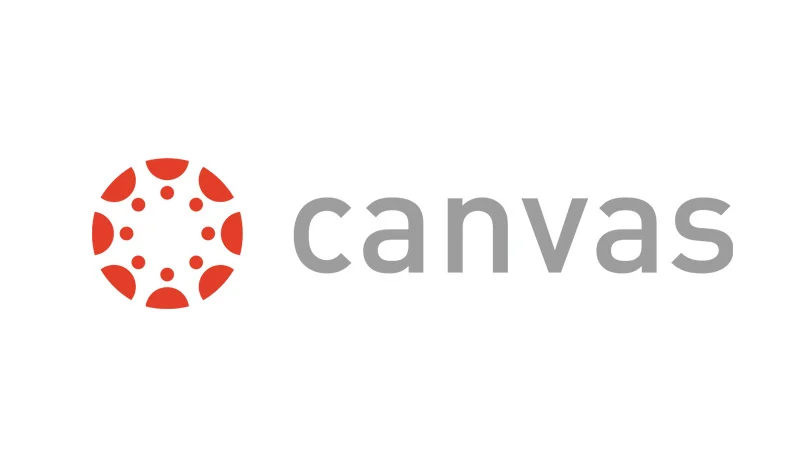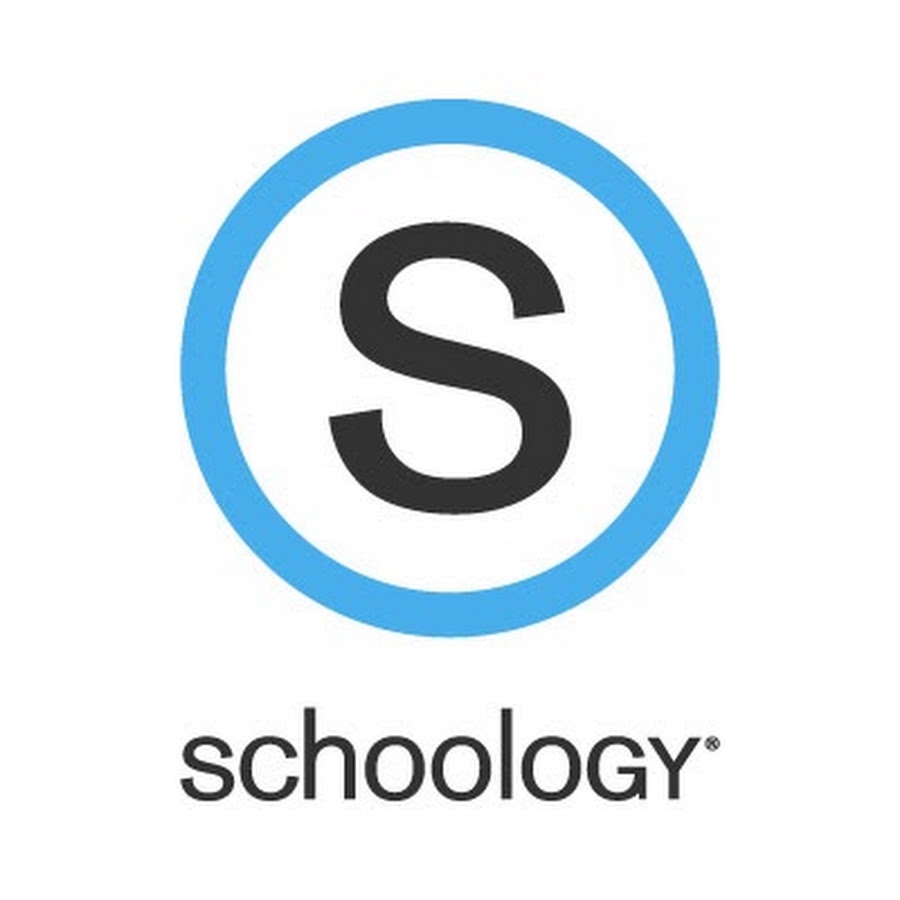
Canvas LMS is a cloud-based Learning Management System (LMS) designed to facilitate digital learning, course management, and collaboration in higher education. Built for scalability, Canvas LMS is used by universities, colleges, and K-12 institutions worldwide to create and deliver online, hybrid, or in-person courses. The platform simplifies teaching by providing educators with a centralized hub for assignments, grading, discussions, and communication, while also supporting various learning styles through multimedia content.
Canvas LMS offers a user-friendly interface, robust integration with third-party tools, and advanced features for grading, analytics, and collaboration. It empowers educators to design dynamic courses that foster student engagement and provide learners with an immersive, flexible education experience.
Customizable Course Creation:
Canvas LMS enables educators to create fully customizable courses that include multimedia content, quizzes, assignments, and collaborative discussions. The platform supports rich media, including videos, documents, and presentations, making it ideal for a diverse learning environment.
Mobile App for Learning on the Go:
With the Canvas mobile app, students and teachers can access their courses, submit assignments, engage in discussions, and check grades from any device. This mobility ensures that learning continues seamlessly, whether students are on campus or studying remotely.
Integrated Communication Tools:
Canvas includes integrated communication features such as messaging, video conferencing (via integrations like Zoom), and discussion boards. These tools foster interaction between students and instructors, promoting active learning and continuous feedback.
SpeedGrader and Rubrics:
Canvas’s SpeedGrader allows educators to quickly grade assignments, provide comments, and offer multimedia feedback. It also includes rubric-based grading, ensuring transparent and consistent evaluation across courses.
Analytics and Reporting:
Canvas LMS provides educators with detailed analytics on student performance and engagement. Teachers can track attendance, monitor participation in discussions, and identify at-risk students using data-driven insights. These reports help in making informed decisions for improving student outcomes.
Seamless Integrations:
Canvas integrates with hundreds of third-party tools, including Google Workspace, Microsoft Office, Zoom, and Turnitin. This open architecture allows institutions to customize the LMS according to their specific needs, while also making it easier to enhance courses with external tools.
Accessibility Features:
Canvas LMS includes built-in accessibility tools, ensuring that all students, including those with disabilities, have equal access to learning materials. The platform adheres to WCAG 2.0 guidelines, providing screen reader compatibility, keyboard navigation, and closed captioning for multimedia content.
Course Setup and Customization:
Educators begin by creating a course structure, uploading materials such as syllabi, lecture notes, and videos. They can organize lessons into modules and create quizzes, assignments, and projects. The platform’s drag-and-drop interface makes course setup intuitive and quick.
Assignment and Quiz Management:
Teachers can create assignments and quizzes with varying formats, including multiple-choice, true/false, and essay questions. Canvas LMS supports automated grading for quizzes, reducing the administrative burden for instructors. Assignments can be submitted digitally by students, where instructors can review and provide feedback directly through the platform.
Communication and Collaboration:
Teachers and students can communicate through the platform’s built-in messaging and discussion tools. Students can participate in group projects, discussions, and peer reviews, while teachers provide real-time feedback to enhance learning outcomes.
Progress Tracking and Analytics:
Educators can monitor student progress through Canvas’s analytics dashboard, which displays data on grades, participation, and assignment completion. This real-time feedback enables teachers to identify struggling students and offer additional support when necessary.
Mobile Learning:
With the Canvas mobile app, students can access coursework, participate in discussions, and complete assignments on the go. This ensures flexibility and accessibility for students, whether they are studying on campus, at home, or while traveling.
Flexible Learning Environments:
Canvas LMS supports a variety of teaching models, from fully online to hybrid and in-person instruction. This flexibility allows institutions to create learning experiences tailored to the needs of their students.
Enhanced Student Engagement:
Canvas’s multimedia tools and communication features encourage active learning. Students can engage with course content, participate in discussions, and collaborate with peers in real-time, leading to better comprehension and retention of material.
Streamlined Grading and Feedback:
The SpeedGrader and rubric-based grading features allow teachers to quickly and consistently evaluate student work. Multimedia feedback options, such as video comments, provide students with more personalized responses to their submissions.
Data-Driven Insights:
Canvas LMS’s analytics tools provide educators with actionable insights into student performance and engagement, allowing them to intervene early if students are falling behind. This data-driven approach improves student success rates and helps institutions track overall course effectiveness.
Mobile Accessibility:
The Canvas mobile app ensures that students and teachers can access learning materials and communicate from anywhere. This mobility supports flexible learning schedules and provides convenience for students balancing academic and personal responsibilities.
Google Workspace and Microsoft Office 365:
Canvas integrates with both Google Workspace and Microsoft Office, enabling easy sharing and collaboration on documents, spreadsheets, and presentations.
Zoom and Video Conferencing:
Canvas integrates with Zoom and other video conferencing tools, making it easy to host virtual classes, meetings, and office hours directly within the LMS.
Turnitin:
Canvas integrates with Turnitin to provide plagiarism detection services, ensuring academic integrity in submitted assignments.
LTI Tools and Open API:
Canvas supports Learning Tools Interoperability (LTI) and provides an open API, allowing institutions to integrate other external tools and customize the platform based on their needs.
Higher Education:
Canvas LMS is widely used by universities and colleges to deliver online, hybrid, or in-person courses. It supports large-scale course management, student tracking, and multimedia learning.
K-12 Schools:
Canvas is also used by K-12 schools to manage classrooms, distribute assignments, and foster collaboration among students and teachers. Its user-friendly interface is adaptable to younger students as well.
Corporate Training:
Many organizations use Canvas for internal training programs. Its customizable course features and integrations make it ideal for professional development and ongoing learning initiatives.
Remote and Hybrid Learning:
During the shift to remote and hybrid learning models, Canvas LMS proved essential for institutions looking to maintain continuity in instruction while keeping students engaged and informed.
Canvas LMS offers a free version for individual educators and smaller classrooms. Institutions typically purchase licenses based on student enrollment, with custom pricing available for larger universities, colleges, or districts.
Canvas LMS has established itself as a leading platform in the education sector, offering robust tools for course management, collaboration, and student engagement. Its intuitive interface, flexibility, and integration with third-party tools make it ideal for institutions looking to deliver high-quality digital learning experiences. Whether supporting fully online courses, hybrid instruction, or in-person classes, Canvas LMS empowers educators to create dynamic learning environments that meet the evolving needs of today’s students.
For educators seeking a comprehensive, scalable solution to manage coursework and enhance student outcomes, Canvas LMS provides the tools, insights, and flexibility to succeed in both traditional and digital education models.

Coach.me is a comprehensive platform designed to assist individuals in achieving their personal and…

Udemy is a leading online learning marketplace that connects learners and instructors worldwide, of…

Schoology is a cloud-based Learning Management System (LMS) that offers a comprehensive platform fo…